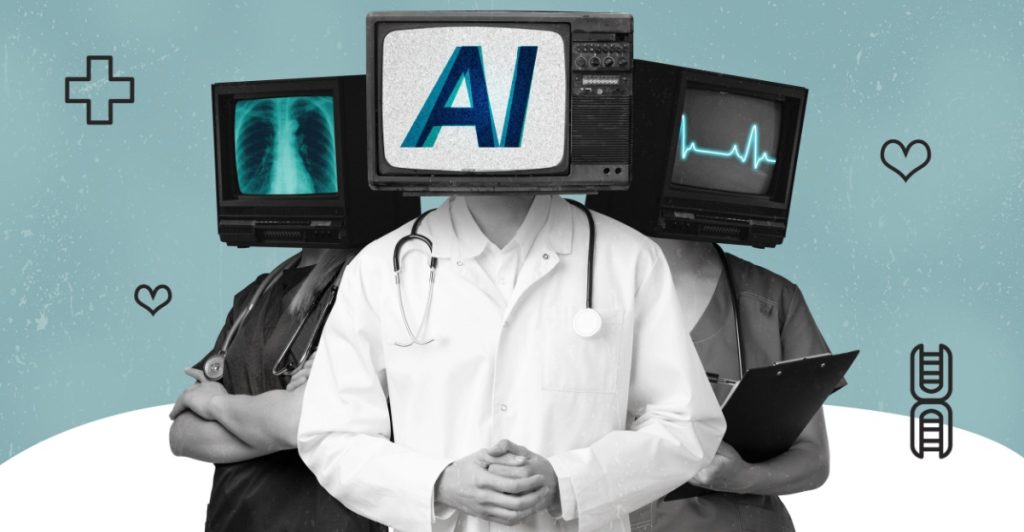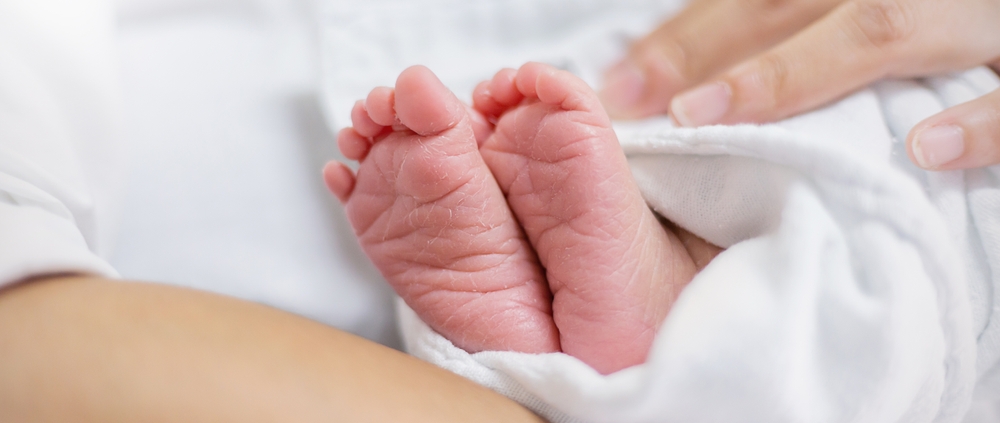Artificial Intelligence Helps Achieve Pregnancy in Case of Severe Male Infertility
Others are reading now
Bringing new life into the world has always been one of science’s most emotional and challenging frontiers.
For couples facing infertility, technology has offered hope through methods like IVF and genetic screening. Now, artificial intelligence may be opening a new chapter in reproductive medicine.
The World’s First

Researchers at Columbia University have announced the world’s first pregnancy achieved with the help of AI, writes Ziare.
The breakthrough was made using a new system called STAR, which stands for Sperm Tracking and Recovery. The technology can find and recover viable sperm even in cases of severe male infertility, such as azoospermia.
This condition means that a man’s semen contains no visible sperm, making natural conception impossible.
Also read
A Step Forward

The results were published in The Lancet and mark an important step forward in fertility treatment.
Until now, men with this condition had few options other than invasive surgery or donor sperm. The STAR method offers a less invasive and more precise alternative.
How It Works

The system combines advanced imaging, microfluidic tools, and artificial intelligence. It scans millions of microscopic images from a semen sample.
Within a few hours, the software identifies the few living sperm that may still exist. A robotic microarm then isolates those sperm with extreme precision for use in in vitro fertilization.
Trying for Two Decades

In the reported case, the patient had been trying to become a father for nearly two decades. His semen sample measured just 3.5 milliliters, and the AI system found only two viable sperm cells.
Also read
Both were used for IVF. Two embryos were created, and one led to a confirmed pregnancy.
If confirmed in larger studies, STAR could redefine the way infertility is treated. It may turn what once seemed impossible into a real chance at parenthood.


